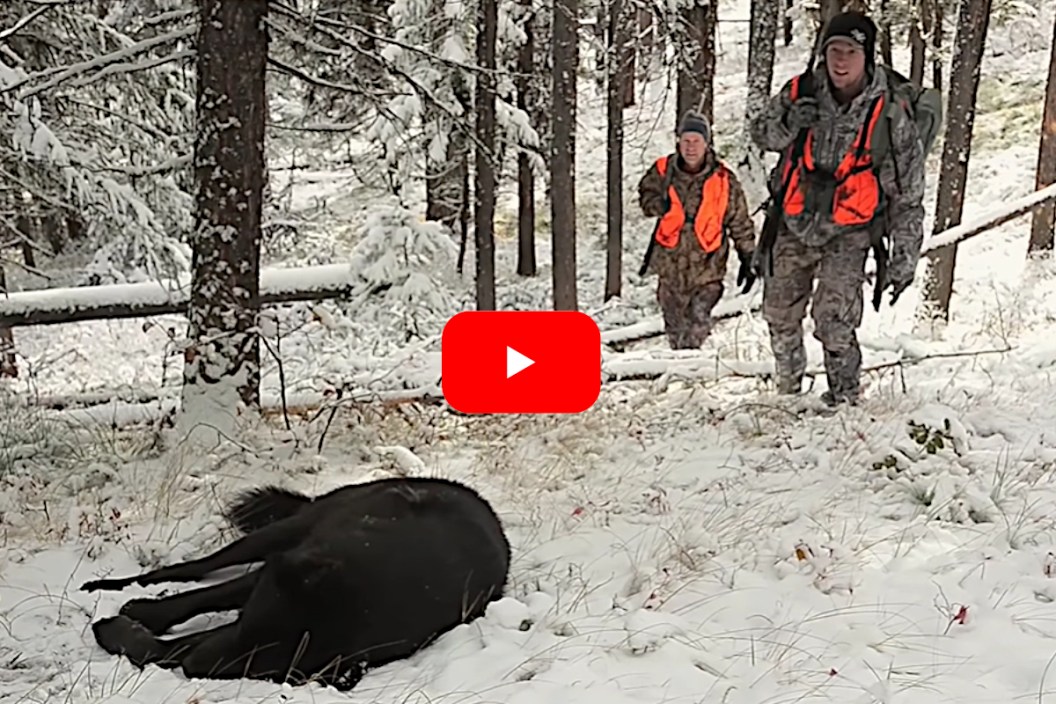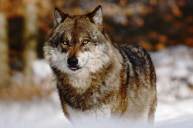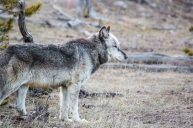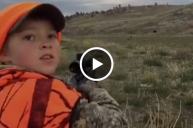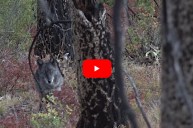Elk hunter drops a jet-black wolf in the snowy Montana wilderness.
As wolf populations start to rebound over much of the continental United States, many wildlife agencies are starting to build wolf management programs to establish hunting regulations for the predators. These seasons are often controversial, even among hunters because the gray wolf was once an endangered species across much of North America.
Chalk it up as a wildlife management success story that the numbers have rebounded so much, especially in parts of the Rocky Mountains, and in places like Yellowstone National Park in Wyoming. Northwest Montana and Idaho are loaded with them today. Much to the chagrin of many ranchers.
Some sportsmen and women worry that without an established wolf hunting season, their numbers will explode and the effects on big game numbers will be detrimental. The hunter in today's video has a wolf license in his back pocket for this reason. Travis with Montana Wild is hunting for elk when a wolf with a jet-black coat shows up unexpectedly, giving him a shot.
Regardless of how you may feel about wolves in general, we think everyone can agree the wolf in this video is one beautiful animal. Montana Fish, Wildlife and Parks have established hunting and wolf trapping seasons in Big Sky Country. Although FWP does require trappers attend a special certification class on the subject before setting out any traps for the animals.
Other than that, Montana wolf hunting regulations are pretty open on how hunters are allowed to take the animals. Both firearms and archery gear are allowed, and yes, you can use electronic predator calls like one might use for coyotes. Both firearms and archery gear are allowed, and you can use electronic predator calls like one might use for coyotes.
One of the more interesting aspects of Montana is that anyone can participate in the wolf harvest. The state sells tags over the counter and both residents and nonresidents can purchase one. The prices are reasonable too compared to the cost of other out of state hunting licenses. Just pay close attention to the regulations. Hunters are required to report wolf harvests within 24 hours and to have the skull and hide examined within 10 days by an FWP employee.
This simply allows wildlife service employees the chance to collect data to set future harvest quotas and to determine how to manage the wolf population in the future.
NEXT: THE AXIS DEER AND HOW THEY'RE IMPACTING PARTS OF THE UNITED STATES
WATCH
